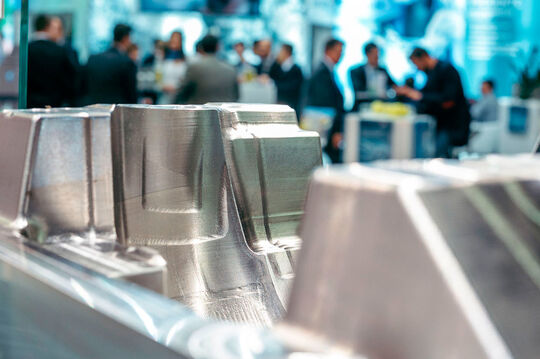Introduction:
Cast aluminum and cast iron are two popular materials used in the manufacturing industry due to their unique properties and versatility. While both materials offer excellent durability and heat retention, they have distinct characteristics that make them suitable for different applications. This article aims to compare and contrast cast aluminum and cast iron, exploring their strengths, weaknesses, and common uses.
Strength and Durability:
One of the primary advantages of cast aluminum is its lightweight yet robust nature. Aluminum is known for its high strength-to-weight ratio, making it an ideal choice for applications that require both strength and reduced weight, such as aerospace components and automotive parts. On the other hand, cast iron is much denser and heavier than aluminum, making it incredibly durable and resistant to wear and tear. Cast iron is commonly used in applications that demand high strength and stability, such as engine blocks, heavy machinery, and cookware.
Heat Retention and Distribution:
When it comes to heat retention and distribution, cast iron excels. Its high density allows it to retain heat for a more extended period, making it perfect for cooking utensils like frying pans and Dutch ovens. Cast iron cookware evenly distributes heat, ensuring that the food is cooked thoroughly and consistently. In contrast, while cast aluminum conducts heat efficiently, it does not retain heat as well as cast iron. This makes aluminum cookware ideal for quick cooking tasks, such as sautéing and boiling.
Corrosion Resistance:
Cast aluminum has excellent resistance to corrosion, making it suitable for outdoor applications and environments with high humidity. Aluminum naturally forms a protective oxide layer on its surface, preventing it from rusting or deteriorating when exposed to moisture. On the contrary, cast iron is prone to rusting and corrosion when not adequately protected. To mitigate this, cast iron is often coated with enamel or seasoned with oil to create a protective barrier against moisture.
Machinability and Versatility:
Cast aluminum is relatively easier to machine and shape compared to cast iron due to its lower melting point. This makes aluminum a versatile material for various industries, including automotive, aerospace, and construction. It can be easily cast into complex geometries and customized according to specific requirements. Cast iron, although more difficult to machine, offers excellent stability and load-bearing capacity. It is commonly used in applications where strength and rigidity are of utmost importance, such as engine components and structural supports.
Cost:
In terms of cost, cast aluminum is generally more expensive than cast iron. The production of aluminum involves a more intricate and energy-intensive process, which contributes to its higher price tag. Cast iron, on the other hand, is derived from iron ore and is relatively more affordable due to its abundance. However, the cost difference may vary depending on the specific application and market conditions.

Conclusion:
Cast aluminum and cast iron are versatile materials with their unique properties and strengths. Cast aluminum offers lightweight durability, excellent heat conductivity, and corrosion resistance, making it suitable for applications requiring strength and reduced weight. Cast iron, on the other hand, provides exceptional durability, excellent heat retention and distribution, and high load-bearing capacity, making it ideal for heavy-duty applications. Ultimately, the choice between cast aluminum and cast iron depends on the specific requirements and intended use, ensuring that the material selected will optimize performance and longevity.

 0086-750-5616188
0086-750-5616188 +86 13392089688
+86 13392089688 sales@zhongmei-tech.com
sales@zhongmei-tech.com













